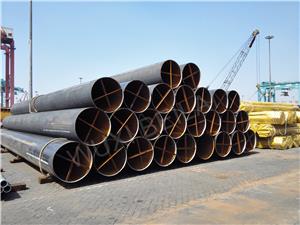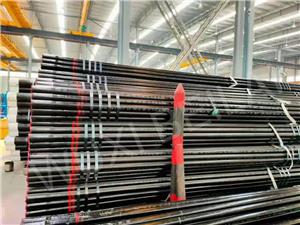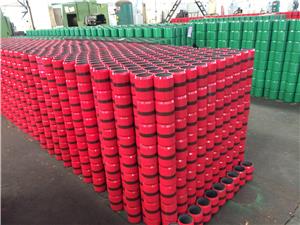The effect of boiler tube operation on the environment and its solution
In modern society, boiler tubes, as the core equipment of energy production and industrial manufacturing, provide energy and support production at the same time, but they also inevitably release waste gas and waste water and consume a lot of energy, which has a negative impact on the environment. These impacts and challenges force us to realize that while pursuing economic growth, we must actively respond, formulate effective strategies and measures, and actively respond to the environmental impact of boiler tube operation in order to achieve the goal of sustainable development.
Impacts and challenges:
Exhaust gas emission: The exhaust gas produced by burning boiler tubes contains sulfide and nitrogen oxides, which when released into the atmosphere cause environmental issues like air pollution and acid rain, which have an impact on the environment's ecological balance and air quality.
Wastewater discharge: The cooling water and wastewater generated from the operation of boiler tubes contain high temperatures and corrosive components, which, if discharged directly without treatment, may cause pollution to water bodies and endanger water resources and aquatic ecosystems.
Energy consumption: boiler tube operation requires a lot of energy, such as coal, oil, etc., which will produce a lot of greenhouse gas emissions, exacerbate the problem of climate change, and pose a threat to the global environment.
Coping strategies:
Reduce pollutant emissions: Introduce advanced combustion technology and gas purification facilities to reduce the emission of harmful substances in the exhaust gas and ensure that the exhaust gas meets the emission standards.
Wastewater treatment and recycling: the construction of wastewater treatment facilities, the treatment of cooling water and wastewater to achieve discharge standards, or recycling to reduce pollution in water bodies
Improve energy efficiency: Improve the energy efficiency of boiler tubes and reduce energy consumption and carbon emissions through technological improvements and operational optimization.
Renewable energy applications: explore the use of renewable energy to replace traditional energy sources, such as solar and wind energy, to reduce greenhouse gas emissions.
Green design and manufacturing: In the design and manufacturing of boiler tubes, environmental protection factors are considered, and environmentally friendly materials and processes are selected to reduce the environmental impact of the production process.
Digital monitoring and management: the application of intelligent monitoring systems, real-time monitoring of boiler tube operation status, and early detection of abnormal conditions reduce the impact on the environment.
Innovation and Cooperation:
In order to effectively address the environmental impact of boiler tube operation, innovation and cooperation from all sectors are required.
Technological innovation: Scientific research institutions and enterprises should strengthen technological innovation, develop efficient purification equipment, energy-saving technology, etc., to reduce environmental impact.
Cross-border cooperation in energy, environmental protection, scientific research, and other fields should strengthen cooperation, jointly research solutions, formulate standards, and achieve the coordinated development of the environment and energy.
Policy support: The government should formulate and improve environmental protection policies, encourage environmental technology innovation, and increase supervision over the construction and operation of environmental protection facilities.
Reducing the adverse impact of boiler tube operation on the environment and achieving a win-win situation of energy production and environmental protection is a long-term challenge that requires the joint efforts of all parties to ensure that the goals of sustainable development are achieved.




